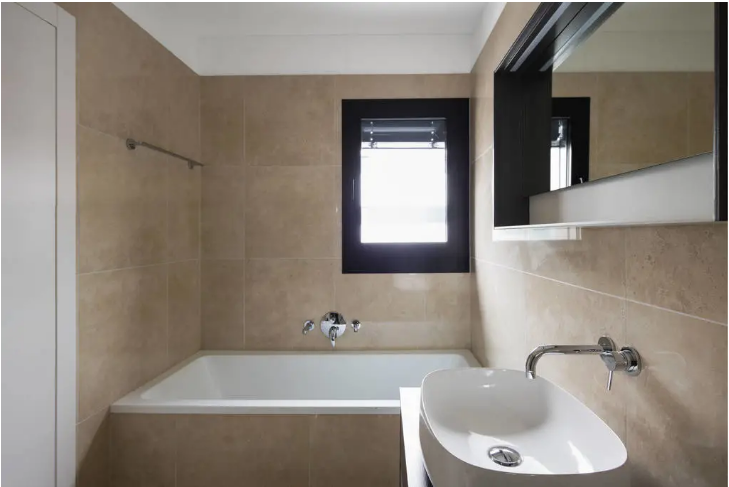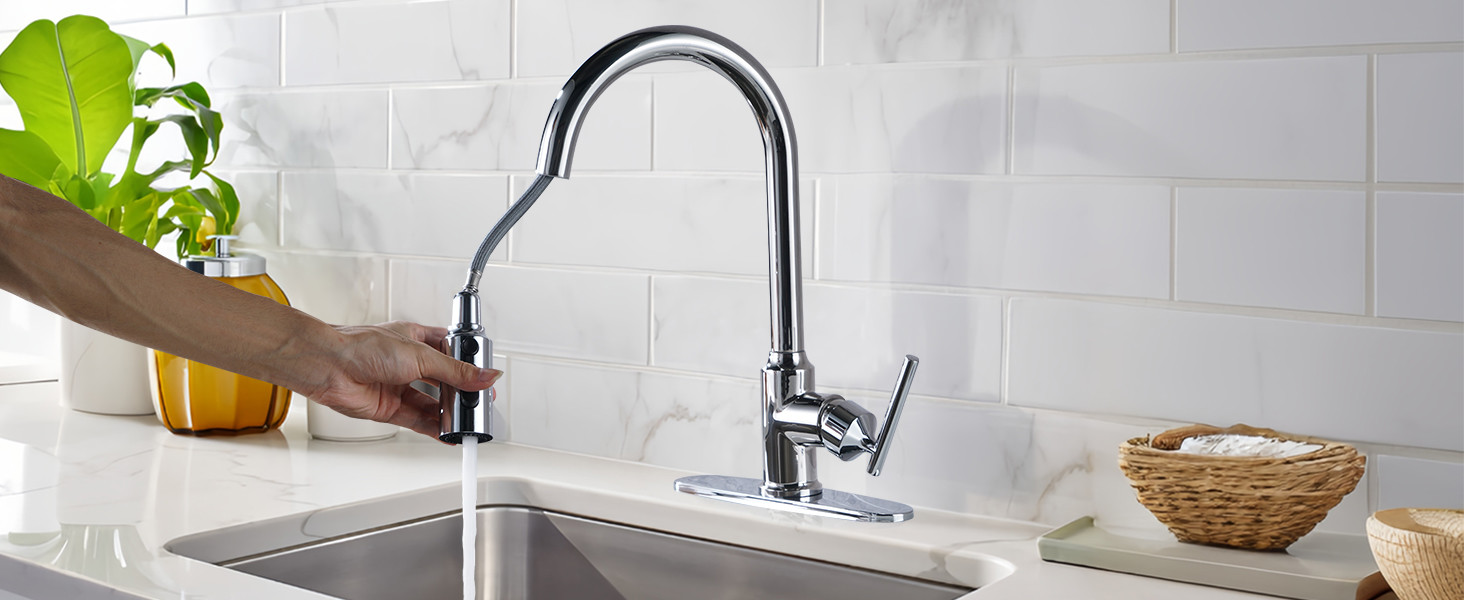Seven Tips to Make Bathroom Tiles More Durable
Why are the tiles peeling off not long after renovating a new house?
Especially the bathroom tiles fall off more seriously. That’s because it didn’t do a good job when tiling.
Here to tell you seven tips to prevent the bathroom tiles fall off!
1, The Base Layer Needs To Be Flat And Clean
Before pasting the bathroom wall tiles, be sure to do a good job of brushing the base first. This is done to increase the adhesion of the wall and to prevent the tiles from appearing unsound. Do not underestimate this step, this step plays a vital role in preventing tiles from coming off.
2, Wall Tiles Soaked In Water
It is important to note that, before tiling, the base of the wall tile should be fully watered and moist. Otherwise, the moisture in the mortar will be rapidly absorbed by the dry base and tiles and quickly coalesce. This will affect its bonding fastness. Later, it is easy to appear tile off, so wall tile watering and grass-roots watering are very necessary.
3, Clean Up The Base

If there is lime plaster on the wall, latex paint, wallpaper and other decorations, or dirt on the ground, must be cleaned up, otherwise, the cement mortar and the grass-roots level will not appear to be firmly bonded. In addition, if the wall itself has cracks, you need to deal with it before you can paste the tiles. This can avoid the wall tile cracks becoming larger, resulting in the occurrence of wall tile cracking or falling off.
4, Line Drawing
Before paving tiles, you need to find a good vertical line in advance. The tiles paved with this as a benchmark will be uniform in height and vertically beautiful. In addition, before construction, you need to project the elevation control line around the wall. Carve out crosshairs on the ground to facilitate the control of tile separation size.
5, Pre-Paving
First, the tiles should be strictly selected on the basis of the design requirements of the drawings, such as color, texture, surface flatness, and then pre-paving in accordance with the requirements of the drawings. The pre-paving may appear due to size, color, texture errors, etc. to adjust and exchange, until the best results, and then according to the paving order, stacked neatly to standby.
6, Paving

When laying tiles, you should choose 1:3 of dry cement mortar. The thickness of mortar should be controlled at about 20mm. Before paving, the back of the tiles should be wet, and the front should be dry. Put the tiles on the cement mortar as required, and tap the tile surface with a rubber hammer until it is dense and flat. In the application of mortar, the tile master will generally apply it very evenly, which is to prevent the emergence of tile bulging.
7, Hooking
After 24 hours of tiling, clean up the hooking. Before hooking, the tile seam should be wiped clean of impurities, and then hooked with a special caulk. Through the above 7 methods, you can effectively reduce the occurrence of tile shedding, I hope you remember!
 WOWOW Faucets
WOWOW Faucets






您好!Please sign in